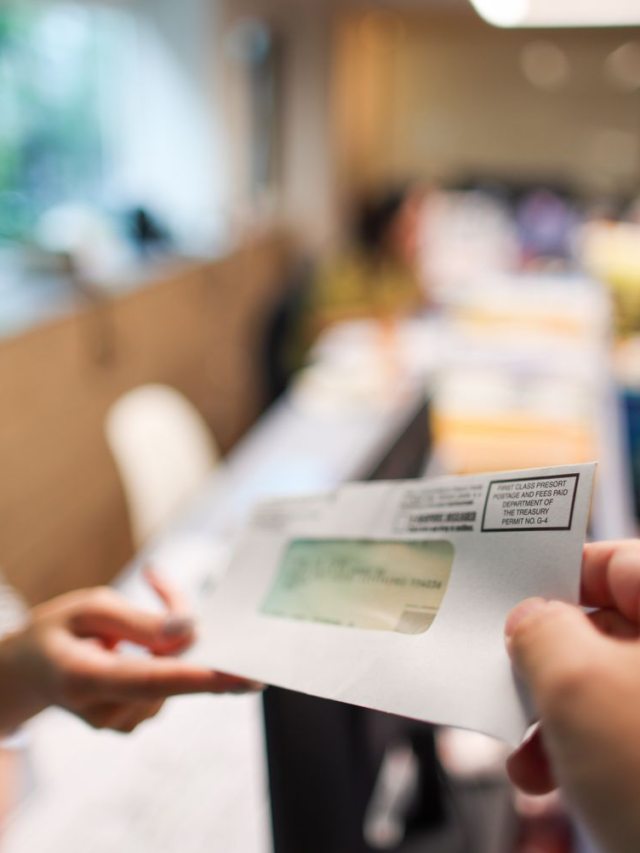This extension comes amid significant changes in tax forms and data reconciliation processes.
However, taxpayers should note that this extension applies only to filing the return, not to paying the self-assessment tax. The deadline to pay any outstanding self-assessment tax remains July 31, 2025.
Failure to pay the tax by this date can attract interest and penalties, even if the ITR is filed before the extended deadline.
Why the extension?
The Central Board of Direct Taxes (CBDT) has cited multiple reasons for the extension:
Major changes in ITR forms: New reporting requirements, particularly for capital gains, are being introduced. Tax treatment varies depending on when assets were sold, adding complexity to tax calculations.
Technical upgrades to the IT portal: The Income Tax Department needs more time to prepare the updated e-filing utilities that incorporate these form changes.
TDS data reconciliation: The final quarter TDS returns for FY 2024-25 are due by May 31, 2025. Accurate reflection of this data in Form 16 and Form 26AS is essential for taxpayers to file error-free returns.
Reducing rush and errors: The extension gives Chartered Accountants and tax professionals more time to manage high filing volumes, and taxpayers more time to file correctly without last-minute rush.
Self-assessment tax payment deadline unchanged
Despite the extension for filing returns, the deadline for paying self-assessment tax remains July 31, 2025.
Self-assessment tax is the amount payable after deducting advance tax and tax deducted at source (TDS) from the total tax liability.
If taxpayers delay paying self-assessment tax beyond July 31, interest will be charged under Section 234A of the Income Tax Act on the outstanding tax amount, even if the ITR is filed by the extended date of September 15.
What happens if you don’t pay on time?
Interest under Section 234A: Charged for delay in filing return or delay in payment of tax after due date.
Interest under Section 234B: Applies if advance tax paid is less than 90% of the total tax liability.
CBDT is working on system updates to automate interest calculations and refunds, but timely payment remains the best way to avoid extra costs.
Experts suggest that taxpayers should not wait for the last moment to file their ITR or pay taxes. Early compliance avoids portal congestion and technical glitches.
It’s advisable to calculate tax liability carefully and pay self-assessment tax by July 31, 2025, if applicable.
One can use the extended time to ensure that ITR is accurate and complete, avoiding mistakes related to new capital gains reporting and TDS reconciliation.






